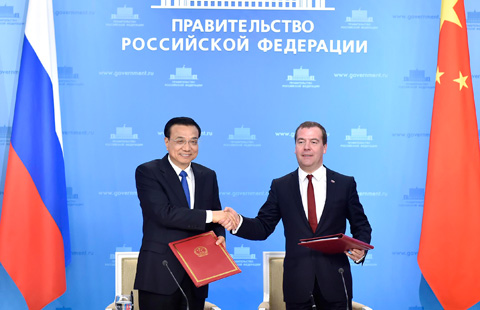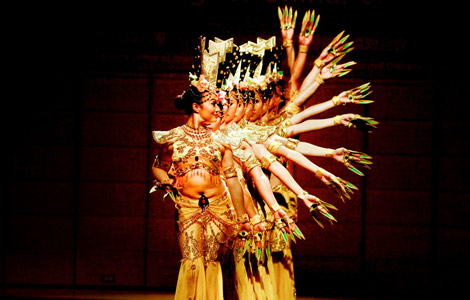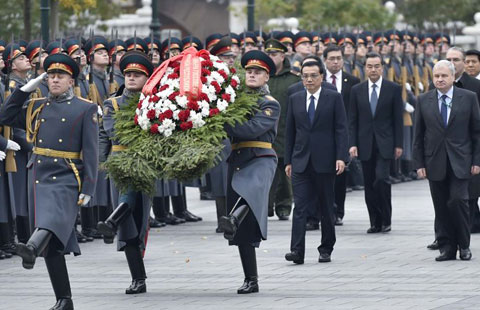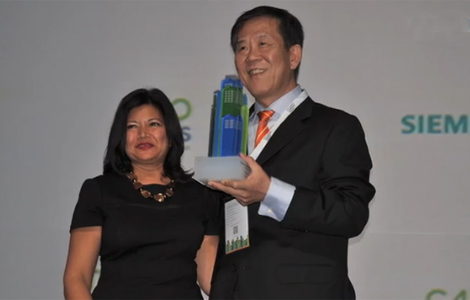Ancestor hunter
Updated: 2014-10-14 07:29
By Liu Zhihua(China Daily)
|
||||||||
With two colleagues, he starts each job by asking clients, mostly through Skype and e-mail, to gather what they already know and have - old pictures, passports and other documents.
Armed with those resources, Lie's small team acts like detectives to figure out where a client's original village is located.
Overseas Chinese affairs offices or associations at the country or city level, which are government-supported organizations, often help Lie's team, because they are able to tell where a clan of Wangs or Xies has probably lived for hundreds of years.
Then the researchers will visit the village, talk to locals and examine jiapu to make sure it is actually the ancestral village.
"Nothing is more important than jiapu in the whole roots-seeking process," Lie declares.
Unlike in Europe and the United States, where governments and churches keep most records of births, marriages and deaths, in China, families have used jiapu as their own documentation of family history.
Such an ancestry book often stretches across centuries and sometimes can go back thousands of years.
It is also more than a family-tree record. The top 100 Chinese family names account for most of the Chinese population, and jiapu are critical in tracking the growth of a clan's members with the records of their political, military and academic achievements.
There are often biographies of prominent people, and jiapu also records important events that have happened to the clan, such as where and when the clan moved from one place to another, and why.
But because of the language gap and loss of information during translation, or because of the difference between a formal name that has been written down in jiapu and a nickname that is used in daily life, it is sometimes very hard to identify a client's roots, Lie says.
Besides, many jiapu have been destroyed or lost during China's transformation from an agrarian to an industrial society, and during the "cultural revolution" (1966-76).
Lie always copies jiapu whenever possible, hoping to help preserve the jiapu legacy.

 China, Russia sign deals on energy, high-speed railways
China, Russia sign deals on energy, high-speed railways
 Chinese art troupe displays power to overcome obstacles
Chinese art troupe displays power to overcome obstacles
 30 most beautiful counties in China
30 most beautiful counties in China
 Largest drum-shaped building in Hefei sets Guiness record
Largest drum-shaped building in Hefei sets Guiness record
 Nixon Remembered
Nixon Remembered
 Premier Li lays wreath at Tomb of the Unknown Soldier
Premier Li lays wreath at Tomb of the Unknown Soldier
 Joint Scorpion venture soars in ratings
Joint Scorpion venture soars in ratings
 Li opens doors on trade, energy
Li opens doors on trade, energy
Most Viewed
Editor's Picks

|

|

|

|

|

|
Today's Top News
Coal taxes could impact market
Shanghai troupe to honor Chinese educator in NYC
High-speed rail deal part of $10b agreements
2nd Ebola patient in US identified
Chinese tourists rank US 3rd
Future of US-China movies to be discussed
Chinese song video viral
Scorpion venture soars in ratings
US Weekly

|

|







